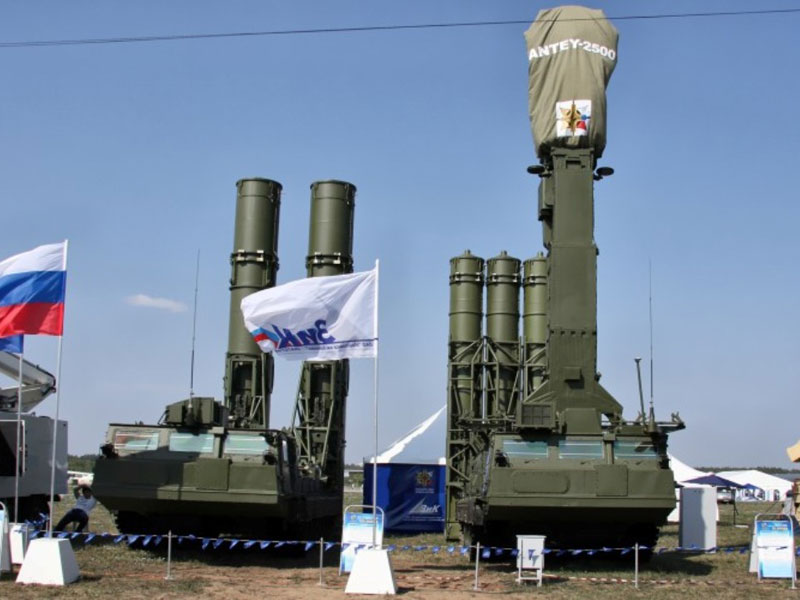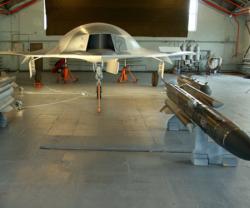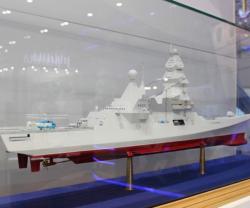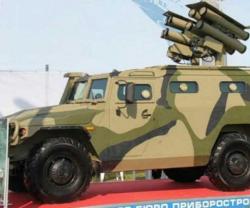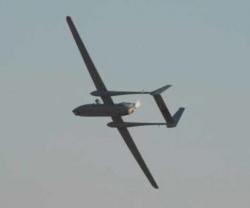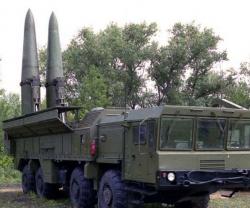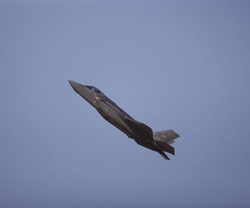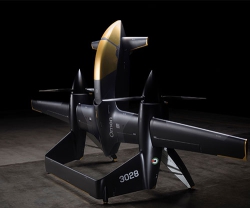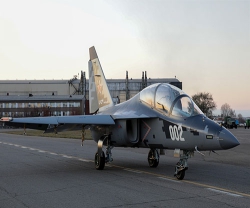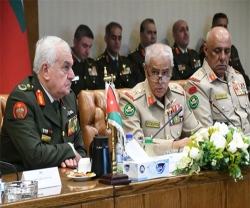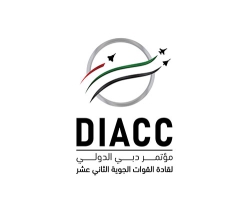Russian news channel, Russia Today (RT), quoted Deputy Director General of the Russian Military and Technology Cooperation with Foreign Countries Vicslav Dzirkalen as saying that the missile will increase Egypt's Defence capabilities.
The Russian official added Venezuela was the first country to receive this type of missile, which has the ability to destroy ballistic missiles equipped with radars able to monitor 100 targets and destroy 12 of them at one time.
Other Russian news outlets rejected the reports on purchasing or providing Egypt with these missiles
In September, the Russian business newspaper Vedomosti reported that the agency of defence-related technologies and services “Rosoboronexport” signed a $500 million deal with the Egyptian Ministry of Defense to provide Egypt with a S-300VM (also known as Antey-2500) by the end of this year.
Russia and Egypt have signed arms contracts worth $3.5 billion, Head of Russia’s Federal Service for Military-Technical Cooperation, Alexander Fomin, told RIA Novosti.
Last August, President Abdel-Fattah Al-Sisi met with his Russian counterpart Vladimir Putin in Sochi, where they discussed economic, military and technical cooperation between their respective countries.
Egyptian-Russian bilateral relations have witnessed a remarkable evolution since the 30 June revolution of 2013.
Russia is currently holding talks with Egyptian officials over the latter’s planned purchase of MiG-35 fighter jets, Russian news agency ITAR-TASS reported last September.
In September, Israeli military magazine Israel Defence has reported that Israel is concerned over the possibility of Russia supplying Egypt with the developed anti-aircraft system S-300. According to foreign media reports, Israel does not possess the proper technology to undermine the work of such an advanced system.
Sources told the magazine that Israel may not allow for Egypt to deploy such anti-aircraft missiles, if they are in fact being obtained, in the Sinai Peninsula.
Israel Defence noted that if the anti-aircraft system were to be placed in Suez, its radar would cover half of Israel, and if placed in Port Said, it would cover almost the entire area of Israel. This means that any Israeli plane flying towards Egypt or any Israeli rocket launched at Egypt would be monitored while still inside Israel.
Russia abstained from providing Iran with these missile systems due to international sanctions imposed against Tehran.
Iranian Ambassador to Russia Mehdi Sanaei said Wednesday that Russia's decision to refuse supply of S-300 (SA-10 Grumble) surface-to-air missile defense systems to Iran was made under pressure from Western countries.
In 2007, Russia and Iran reached an $800 million deal on the supply of five S-300 systems. Moscow suspended the contract in 2010 under a UN Security Council resolution that banned certain arms exports to Tehran as part of a new round of sanctions over the Iranian nuclear program.
Iran has responded by filing a $4 billion lawsuit with the International Court of Arbitration in Geneva against the Russian state arms exporter Rosoboronexport.
Syrian Foreign Minister Walid Al-Moallem said recently that his country will soon get these missile systems.
Source: RT, Vedomosti; Ria Novosti; Israel Defence; Photo: Wikimedia

